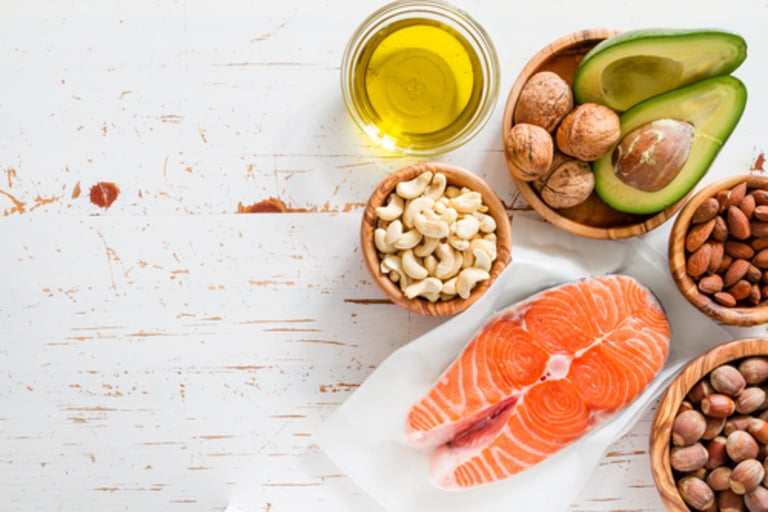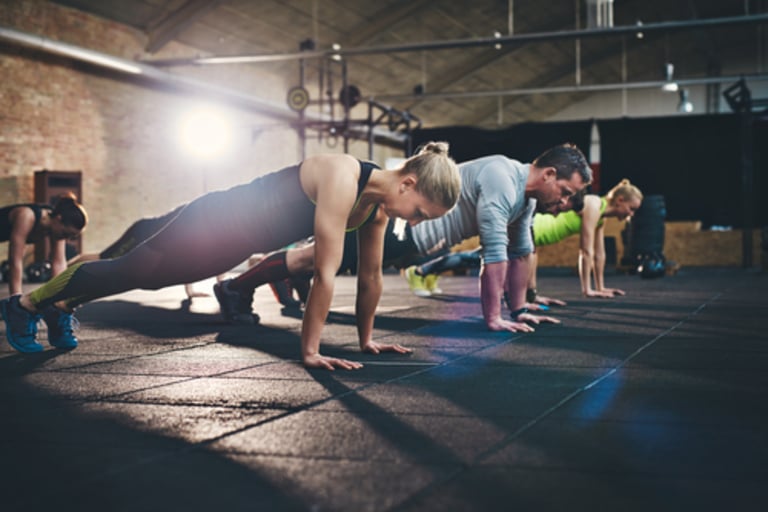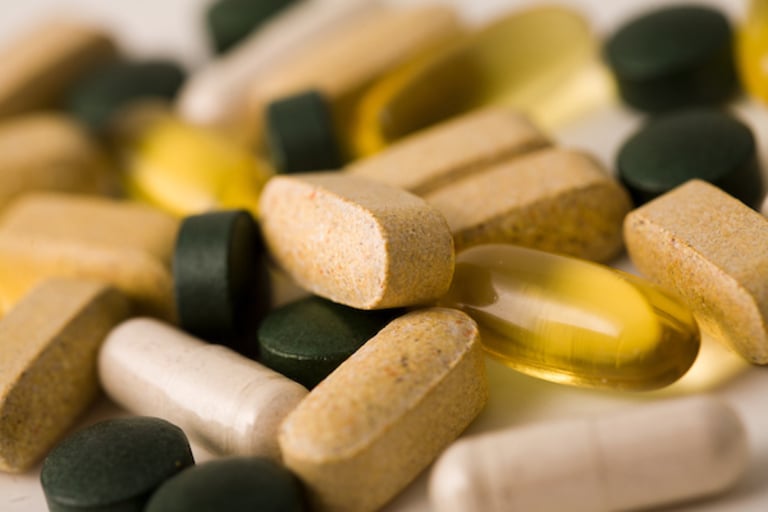Are you sure you want to leave Maria Dolores Laguna Acosta's MyShop site?
Are you sure you want to leave Maria Dolores Laguna Acosta's MyShop site?
Are you sure you want to leave Maria Dolores Laguna Acosta's MyShop site?
Are you sure you want to leave Maria Dolores Laguna Acosta's MyShop site?

Check out the 10 best practices for maintaining a healthy immune system from the Immune System CompanyTM

Research shows that adequate sleep is paramount for a high-functioning immune system. Sleep allows the immune system to do its work while the body is at rest. Lack of sleep can lead to more than just fatigue. It can also lead to a less effective immune system.1,2

Consuming a high amount of fruits and vegetables is important, since these foods are generally rich in vitamins C and E, and green vegetables contain B6. These three nutrients contribute to healthy immune system function.3,4,5,6

Wash your hands frequently and avoid touching your face—especially after visiting a public place.

Exercise is key to immune system health for many reasons. Not only does it keep you physically healthy, but it can also help reduce mental stress and even improve your quality of sleep. Moderate exercise is a great way to support a healthy immune system.7,8

Exercise is important, but resting after exercise is just as important. Give your body time to recoup after strenuous exercise with a day off and avoid overtraining, since it may wear you and your immune system out.9

It’s no secret that viruses are contagious. Avoid being in close contact with people who are ill or who have been exposed to an illness

Sometimes it’s not easy to nourish your body solely from the food you eat. A daily multivitamin or an immune system–boosting supplement can help you reach the daily requirements for vitamins specific to good immune system health.10

Mental stress can have a biological effect on your immune system. Your physical reaction to stress can chip away at your immune system health. Manage stress to avoid impairing your immune system.11,12,13

Alcohol and drugs can limit the effectiveness of your immune system. There are correlations between drug and/or alcohol use and increased susceptibility to infections.14

Vitamin D is a key component for a high-functioning immune system. Want a good source? Spend 15−30 minutes daily under the sun, preferably before 10am, to supports vitamin D synthesis.15
4Life is not endorsing these websites or vouching for the accuracy of any information found on these external sites. Footnotes: 1.Besedovsky, L., Lange, T., & Born, J. (2012, January). Sleep and immune function. Pflugers Archiv: European journal of physiology. https://www.ncbi.nlm.nih.gov/pmc/articles/PMC3256323/ 2. Besedovsky, L., Lange, T., & Born, J. (2012). The sleep-immune crosstalk in health and disease. Physiological reviews. https://pubmed.ncbi.nlm.nih.gov/30920354/ 3.Carr, A. C., & Maggini, S. (2017). Vitamin C and immune function. Nutrients. https://pubmed.ncbi.nlm.nih.gov-/29099763/ 4.Gombart, A. F., Pierre, A., & Maggini, S. (2020). A review of micronutrients and the immune system-working in harmony to reduce the risk of infection. PubMed.gov. https://pubmed.ncbi.nlm.nih.gov/31963293/ 5.Ueland, P. M., McCann, A., Midttun, Ø., & Ulvik, A. (2017). Inflammation, vitamin B6 and related pathways. Molecular aspects of medicine. https://pubmed.ncbi.nlm.nih.gov/27593095/ 6.Lee, G. Y., & Han, S. N. (2018). The role of vitamin E in immunity. PubMed.gov. https://pubmed.ncbi.nlm.nih.gov- /30388871/ 7.Gleeson, M. (2007). Immune Function in sport and exercise. PubMed.gov. https://pubmed.ncbi.nlm.nih.gov-/17303714/ 8.Wang, J., Liu, S., Li, G., & Xiao, J. (2020). Exercise regulates the immune system. PubMed.gov. https://pubmed.ncbi.nlm.nih.gov/32342473/ 9.Peak, J. M., Neubauer, O., Walsh, N. P., & Simpson, R. J. (2017). Recovery of the immune system after exercise. Journal of Applied Psychology, 122(5), 1077-1087. 10.U.S. Department of Health and Human Services. (2018, February). Vitamins and minerals. National Center for Complementary and Integrative Health. https://www.nccih.nih.gov/health/vitamins-and-minerals 11.Dhabhar, F. S. (2014). Effects of stress on immune function: The good, the bad, and the beautiful. PubMed.gov. https://pubmed.ncbi.nlm.nih.gov/24798553/ 12. Dragoş, D., & Tănăsescu, M. D. (2010). The effect of stress on the Defense Systems. PubMed.gov. https://pubmed.ncbi.nlm.nih.gov/20302192/ 13.Ray, A., Gulati, K., & Rai, N. (2017). Stress, anxiety, and immunomodulation: A pharmacological analysis. PubMed.gov. https://pubmed.ncbi.nlm.nih.gov/28061967/ 14. Friedman, H., Newton, C., & Klein, T. W. (2003). Microbial Infections, Immunomodulation, and Drugs of Abuse. Clinical Microbiology Reviews, 16(2), 209-219. doi:10.1128/cmr.16.2.209-219.2003
You are trying to view a MyShop page. Please log out in order to view this website.